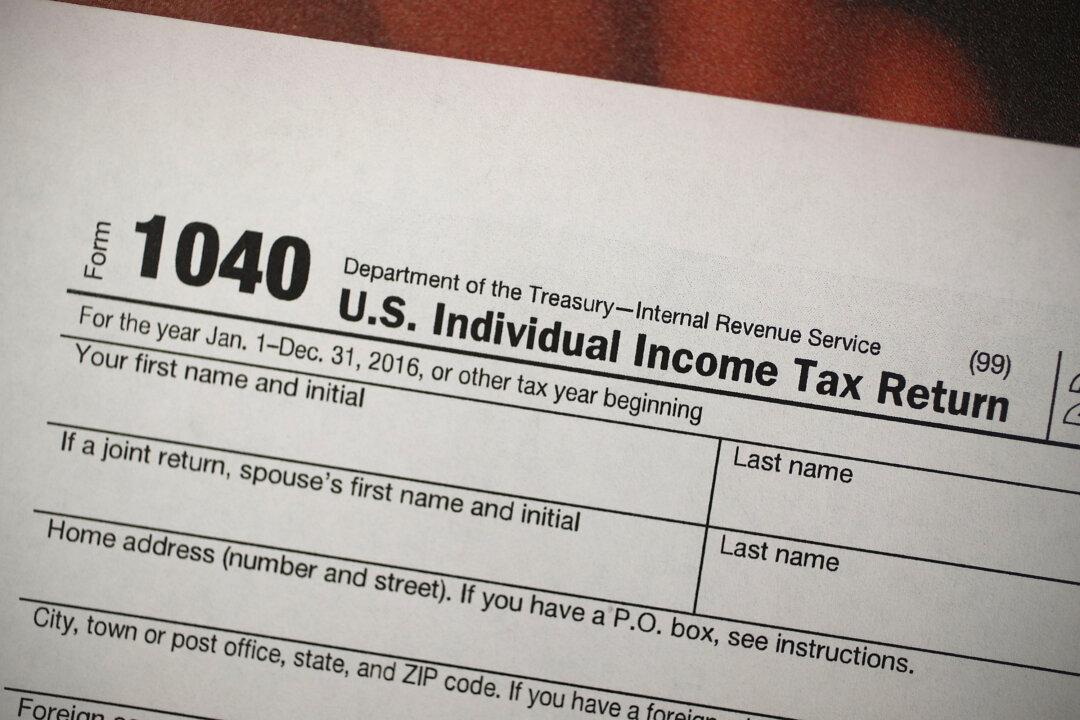The Internal Revenue Service (IRS) said that some New York residents who were impacted by storms that slammed the western and upstate portions of the state qualify for tax relief and don’t have to file their federal taxes for another month.
Residents who live in any New York county that was “designated by the Federal Emergency Management Agency (FEMA) as a result of storms that occurred between Dec. 23 and Dec. 28, 2022,” can receive relief, said the tax agency on Friday in a news release.





